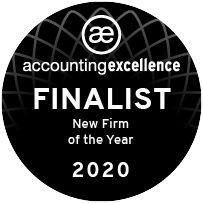Considering if you should create a budget? Do you have a plan for the year ahead in your business? Any idea on how much profit you want to make? What you want to have to spend personally for all your hard work?
Well a budget can help you set these out and make sure you are on track to achieve what you want to and that you are not going crazy with impulse spending. A lot like having a personal budget, knowing what you have available to spend and what is going to come in makes decision making a lot easier!
Creating an annual business budget is a vital part of financial planning.
Here are some top tips to help you develop an effective budget for your business:
Review Past Performance:
The easiest place to start when it comes to creating a budget is the last year. Examine your previous financial statements and performance to identify trends, successes, and areas that need improvement. This historical data provides a foundation for projecting future financial needs.
If you use accounting software download the profit and loss for the last year broken down by month and you will have a clear picture of where and when you are spending money and what is coming in.
Set Clear Objectives:
Define clear and specific financial objectives for the upcoming year. Whether it’s growing your sales, cutting your costs, or expansion plans, having well-defined goals will guide your budgeting decisions.
Set SMART Financial Goals:
I am sure most of us remember having to set SMART goals at school or for appraisals, the same process makes sense for your business goals. Make your budget goals Specific, Measurable, Achievable, Relevant, and Time-bound (SMART). This will give your budget a clear direction and make it easier to track progress throughout the year.

Categorise Expenses:
Break down your expenses into categories (e.g., operating expenses, marketing, wages, capital expenditures). This breakdown helps in better tracking and managing different aspects of your business and identifying where you are spending your money.
Consider Seasonal Variations:
When you create a budget, consider your businesses model. If your business experiences seasonal fluctuations, incorporate this into your budget. Anticipate peak seasons and plan for increased expenses or adjusted revenue expectations during those times. If you are an ice cream van for instance chances are your revenue and expenses are going to be much higher during the summer than they will be through the winter.
Factor in Contingencies or a wildcard category:
Life is unpredictable, and so is business. Include a contingency fund for unexpected expenses, opportunities or emergencies. This ensures that you’re prepared for unexpected events without derailing your entire budget.
Create a “Fun Fund” for Morale:
Allocate a small portion of the budget for fun things that may come up in the year to treat yourself, this can be for staff entertainment or trivial benefits which are also tax efficient. We all know how hard it is to stick to a budget if there is nothing fun in it to keep you going!
Throughout the year you should be reviewing and checking your budget against actual numbers and the reality of what is happening. This ensures that it remains a useful tool for guiding your business toward its goals.
As always we are here to help at 2 Sisters Accounting so if you would like help to create a budget then please get in touch!






